What Causes Leaves To Change Color In The Fall And Senescence
To understand why leaves change color you have to start with the process of photosynthesis. Anthocyanins also protect leaves from being eaten or getting sun burned.
 Falling Of Autumn Leaves A Biological Separation Process Triggered By A Gaseous Plant Hormone How Plants Work
Falling Of Autumn Leaves A Biological Separation Process Triggered By A Gaseous Plant Hormone How Plants Work
September and October are the peak months for admiring fall foliage the orange yellow and red leaves.

What causes leaves to change color in the fall and senescence. About 70 of shrubs and trees at the Harvard Forest produce anthocyanins during the senescence of the leaves. They also help dissipate excess light energy if too much light strikes the leaf. Obviously today we know thats not the case but for a long time scientists thought coloring of fall leaves was caused by the accumulation of waste products over the season that were then revealed as the green.
However its mainly light levels that are responsible for fall foliage colors. For a less scientific explanation please see Fall Foliage Facts. Oct 09 2019 The trigger for why leaves change color in the fall is day length or more exactly the length of nights.
Sep 22 2019 Cammarata explained that leaves undergo senescence in the fall. So the different colors in leaves are caused by changes in the pigments. Amazingly enough there is no universal amount of sunlight that will trigger senescence in trees.
In the language of folklore Jack Frost has often been credited with spurring the onset of fall color by pinching leaves with his icy fingers. Among the preferred foods of Asian long-horned beetles for example are maple trees and this could amplify the devastating effects of climate on fall foliage. This is the most common color of autumn leaves.
May 15 2017 Anthocyanins are other plant pigments that are only made in the fall. The falling of leaves called autumn senescence is such an integral part of fall. Sunny autumn days are needed for the brightest color displays since anthocyanins require light.
Oct 08 2019 October 08 2019. Overcast days will lead to more yellows and browns. Oct 24 2019 In the context of climate change warmer falls may slow the senescence process while an early frost could expedite it.
She still considers Great. Dec 02 2020 With shortening days and cooling temperatures a stunning show comes to temperate forests every autumn. That it gives the season its name.
Most interesting are leaves that turn red because this color is the result of the active synthesis of anthocyanin pigments just before the leaves fall from the trees. To understand why leaves change color you need to start with the process of. In the Fall photoperiodism triggers the leaves to enter senescence.
The foliage of deciduous treesthose that lose their leavesturns red orange yellow and even purple before being cast off. The largest factor in why leaves change color in the autumn is photoperiodism-the length of day and night. Interveinal means between the veins and chlorosis means a lack of chlorophyll.
During senescence plants store nutrients and distribute them to seeds and buds that will become next years leaves or flowers. As the nights get longer in Autumn the process of senescence becomes apparent through color change and the falling of leaves leading the tree into its winter dormancy. Often leaves that lack chlorophyll are yellow.
These trees ecosystems are increasingly being changed by the proliferation of insects not native to the region which often thrive in warmer temperatures. In photosynthesis chlorophyll captures energy from sunlight and uses it to convert. Within urban areas street trees have crowns entirely exposed to light which increases anthocyanin synthesis and consequently the production of red leaves.
September and October are the peak months for admiring fall foliage the orange yellow and red leaves of trees. However other stressors such as poor compacted soil may also be contributing factors. Photoperiodism is the ability of a tree to measure the amount of sun that the tree is getting each day.
Oct 09 2019 The trigger for why leaves change color in the fall is day length or more exactly the length of nights. These pigments cause red pink or purple colors. Oct 17 2013 Why Leaves Change Color.
Bad weather speeds up senescence or the enzymatic process leading to leaf death and its ultimate fall from the tree. The yellow comes from accessory pigments in the leaf called carotenoids which assist chl molecules in the process of capturing light. All plants including trees have green leaves because of a compound called chlorophyll.
Feb 20 2020 Temperature affects the rate of chemical reactions including those in leaves so it plays a part in leaf color.
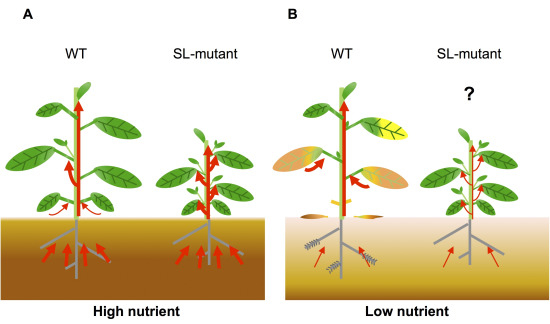 Plants Free Full Text Possible Roles Of Strigolactones During Leaf Senescence Html
Plants Free Full Text Possible Roles Of Strigolactones During Leaf Senescence Html
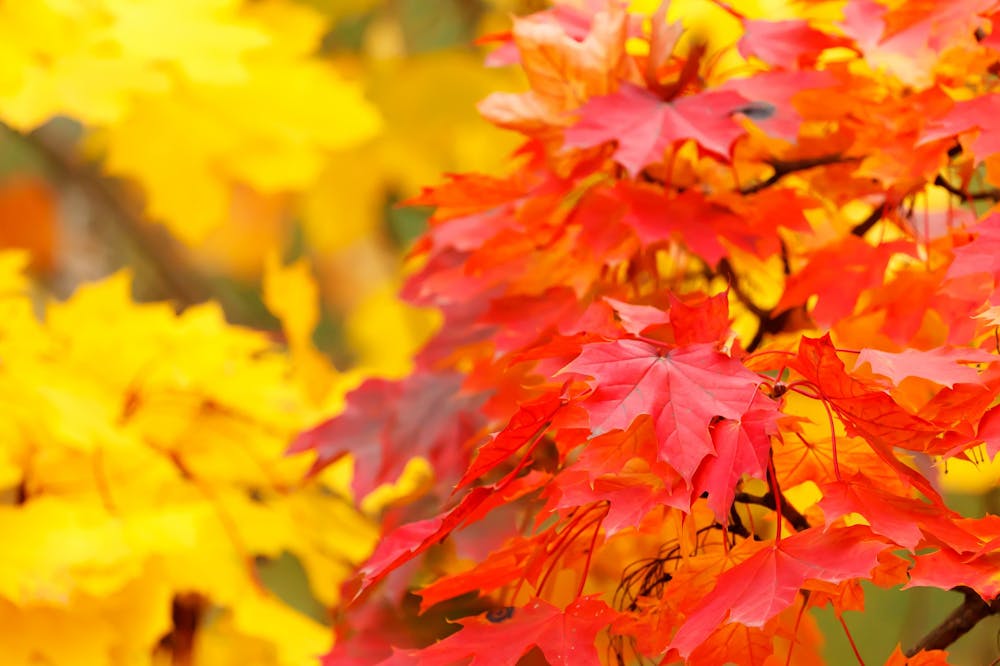 Fall Foliage In The Crosshairs Of Climate Change
Fall Foliage In The Crosshairs Of Climate Change
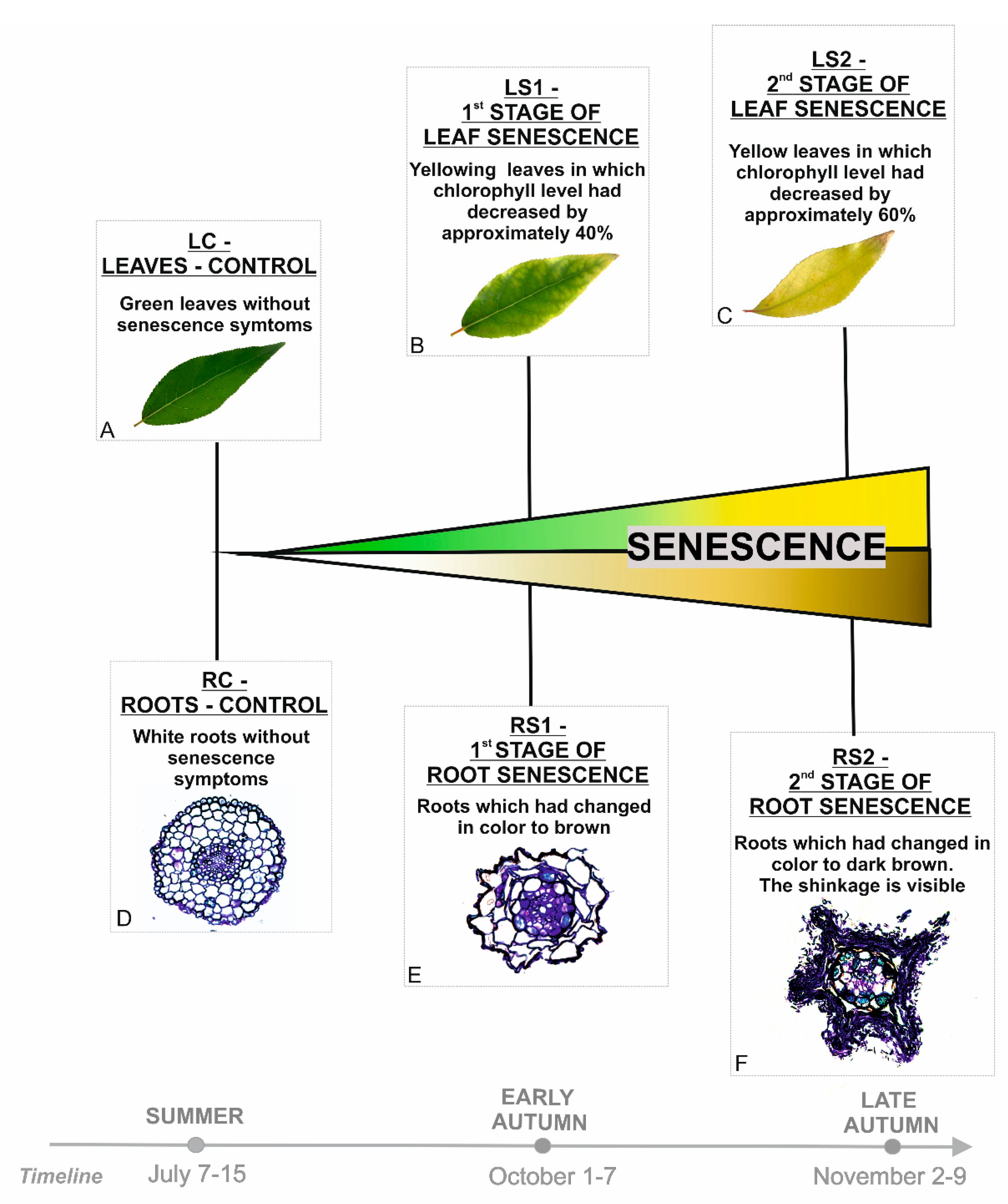 Ijms Free Full Text Abscisic Acid And Jasmonate Metabolisms Are Jointly Regulated During Senescence In Roots And Leaves Of Populus Trichocarpa Html
Ijms Free Full Text Abscisic Acid And Jasmonate Metabolisms Are Jointly Regulated During Senescence In Roots And Leaves Of Populus Trichocarpa Html
 Detecting The Onset Of Autumn Leaf Senescence In Deciduous Forest Trees Of The Temperate Zone Marien 2019 New Phytologist Wiley Online Library
Detecting The Onset Of Autumn Leaf Senescence In Deciduous Forest Trees Of The Temperate Zone Marien 2019 New Phytologist Wiley Online Library
 The Science Of Autumn Leaf Color Change Morning Ag Clips
The Science Of Autumn Leaf Color Change Morning Ag Clips
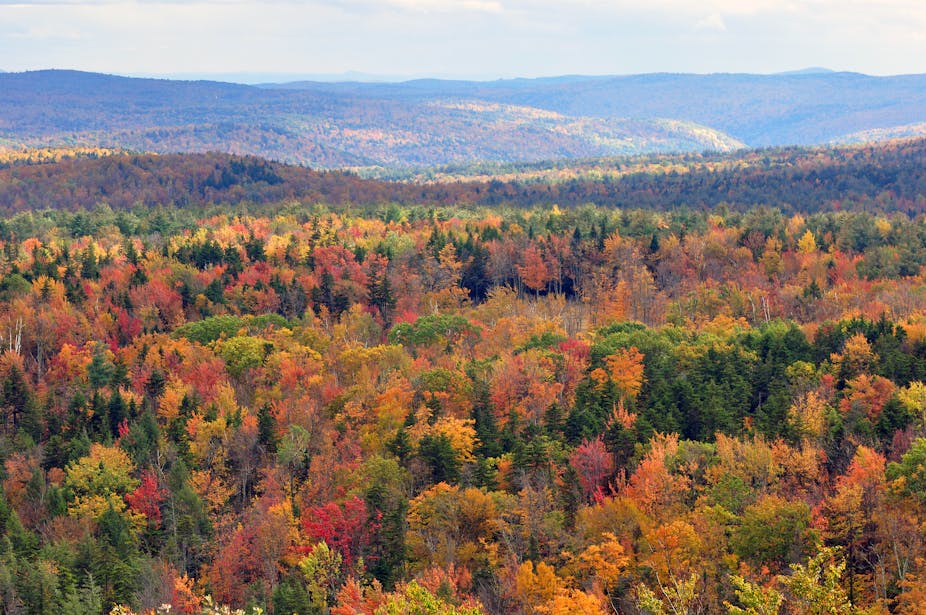
 Red Leaf Color As An Indicator Of Environmental Stress Forest Disturbance Processes Northern Research Station Usda Forest Service
Red Leaf Color As An Indicator Of Environmental Stress Forest Disturbance Processes Northern Research Station Usda Forest Service
 The Regulation Of The Onset Of Leaf Senescence Leaf Senescence Occurs Download Scientific Diagram
The Regulation Of The Onset Of Leaf Senescence Leaf Senescence Occurs Download Scientific Diagram
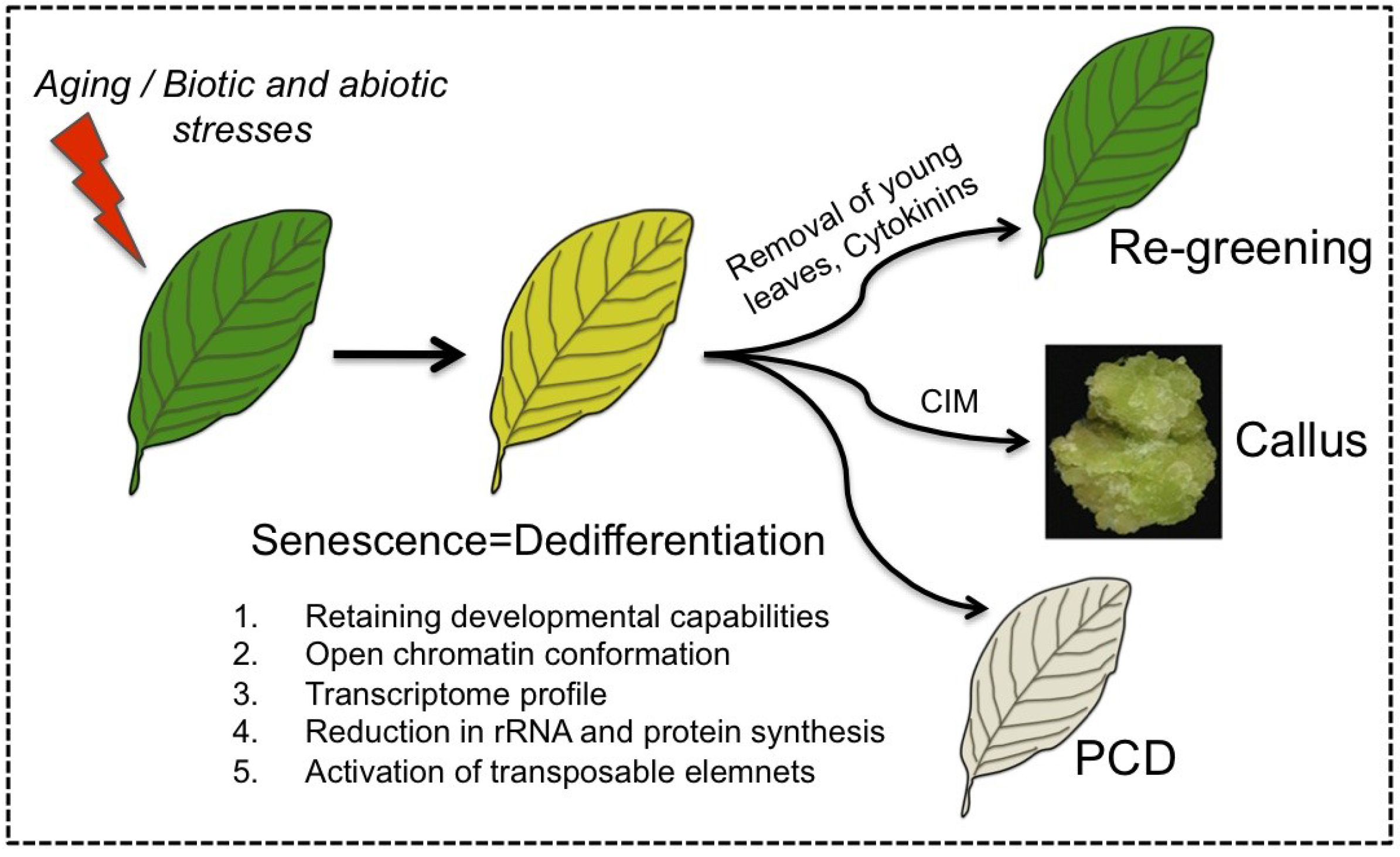 Plants Free Full Text Senescence Meets Dedifferentiation Html
Plants Free Full Text Senescence Meets Dedifferentiation Html
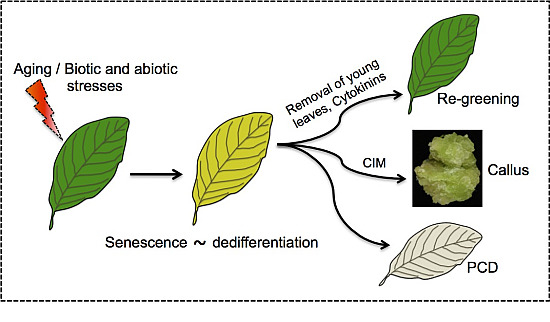 Plants Free Full Text Senescence Meets Dedifferentiation Html
Plants Free Full Text Senescence Meets Dedifferentiation Html
 The Science Behind Fall Leaf Colors Earth Com
The Science Behind Fall Leaf Colors Earth Com
 Rhododendron Leaves Turning Yellow Why Does My Rhododendron Have Yellow Leaves
Rhododendron Leaves Turning Yellow Why Does My Rhododendron Have Yellow Leaves
 Molecular Aspects Of Leaf Senescence Trends In Plant Science
Molecular Aspects Of Leaf Senescence Trends In Plant Science
 Mechanism Of Leaf Senescence Youtube
Mechanism Of Leaf Senescence Youtube
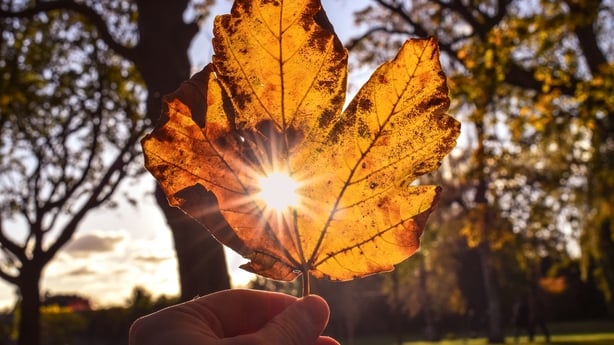 Why Do Leaves Change Colour In Autumn
Why Do Leaves Change Colour In Autumn
 Why Do Leaves Change Colour In Autumn
Why Do Leaves Change Colour In Autumn
 Why Are My Soybeans Turning Yellow
Why Are My Soybeans Turning Yellow